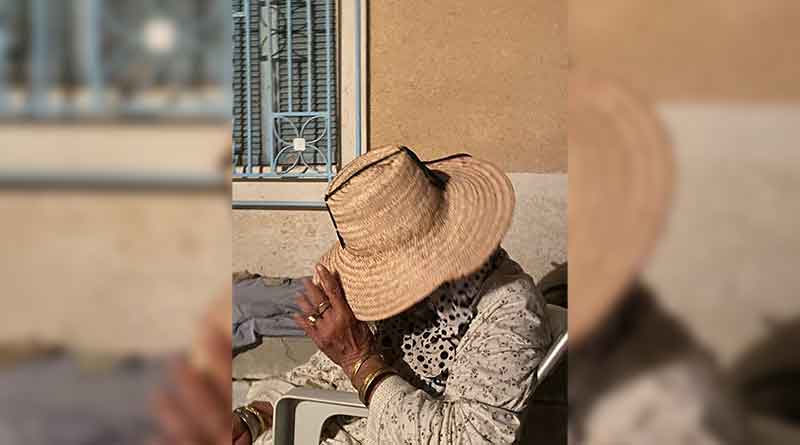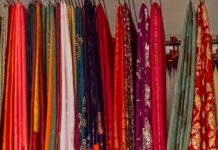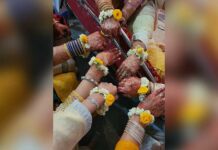By Line Ben Thaier
The evening sun sets on my grandmother’s worn-down courtyard on the Isle of Djerba.
In the center of my grandmother’s battered old courtyard lays a Fitjaya, a circle filled with soil and dead shrubs where there was once a high lemon tree bearing succulent fruit. In the Fitjaya, she keeps her pet turtle that has no name. Since my arrival, my grandmother has delegated me the task of feeding the turtle. He eats lettuce and various other leafy greens; he has a bowl of water filled to the brim. There’s a fragment of an old wooden plank resting on the dead stub of the lemon tree, where the turtle could seek shade from the island’s punishing afternoon sun. A week ago, my father and I found the turtle dead in its shelter. Neither of us told her.
My grandmother and I were sitting on the weaved carpet in the shaded corner of the courtyard, each on a slab of goat leather to separate us from the hard tiles of the floor. To her right, a deep blue tea kettle sits on a bed of coal, burning in shades of amber in the clay pottery. Tiny flecks of fire swim in the air and land on her, she remains unphased.

She fans and readjusts the kettle for what feels like hours, pouring a tiny glass from time to time, tasting the fruits of her labor. She loved to talk about the dead: her older siblings whom she had outlived, their causes of death and her sad old neighbors who had led sorrowful lives until they met their maker. In her slow, almost indiscernible voice I found no indication of fear. She weaved from story to story with unwavering determination. Death was not morbid to her; there was no reason to fear it; for it is a battle she is still winning. She went on and on, boasting about surviving past her family and friends. To her, tolerating life, with its strife and misery, was true strength.
Her stories contain implicit lessons, and her goal was to slyly impose them on me. One of her recurrent lessons has to do with whom she expected me to marry. My Djerbi father, her first-born son, committed the sin of marrying my non-Djerbi mother. My mother’s servitude and grace didn’t matter, she was a foreigner. The burden falls on me to rectify this mistake by restoring the bloodline.
“My brother’s children killed him nerve by nerve,” she said.
“They all live abroad; they never visit. All were married to French women, except one Tounsia woman from the north, like your mother. The children don’t speak a lick of Arabic. Barely any grandchildren at the funeral. Very sad. Allah yarhmou.”
From this anecdote alone, she furtively mandated her orders. I should not live abroad. I should always visit. I should marry a Djerbi man. Djerbi men are above other Tunisian men. I should never let go of Arabic.
I stare forward, scanning the courtyard, looking for something out of place, anything to direct conversation elsewhere. I watch the fresh laundry hanging on the clothing line, swaying against the breeze, extending from one edge of the courtyard to the opposite. Their fabrics are connected by wooden clips bleached by the sun, like sweating soldiers in a summer morning assembly. The clothes hang slightly above the Fitjaya, where a line of ants march up onto its ledge and down, digging themselves into its soil.
I turn to her and say, “Omi Mne, we found the turtle dead a week ago; we didn’t know how to tell you, I’m sorry.”
She readjusts the kettle once again, stoic in her expression. This time, she adds to it a few branches of fresh mint and closes its lid.
She turns to look at me, and says, “It’s your mother, isn’t it? She killed it.”


















